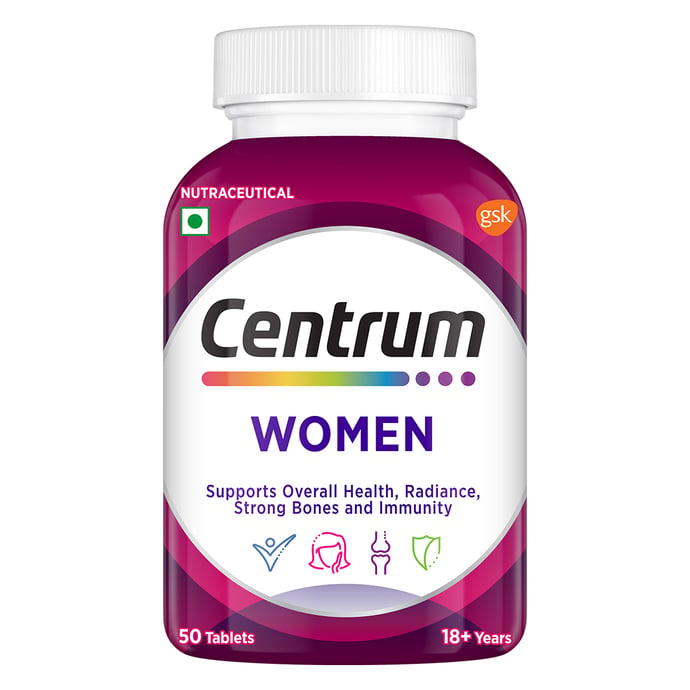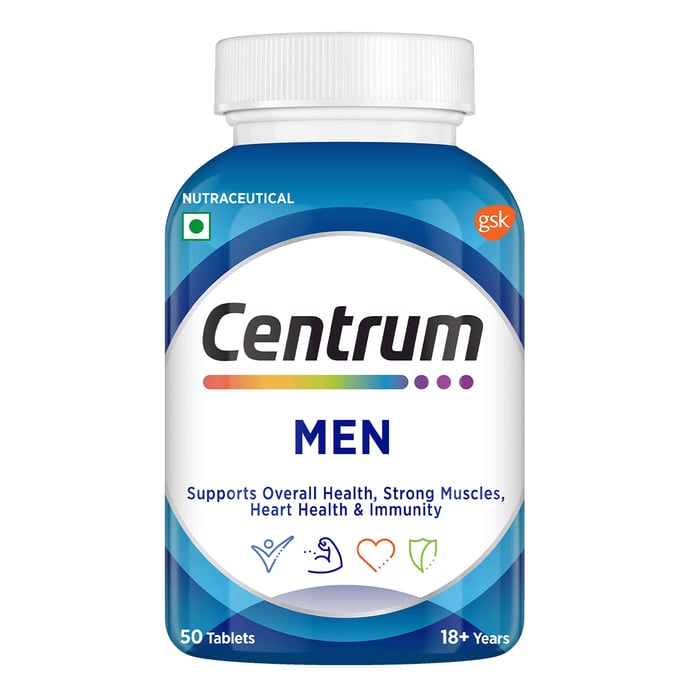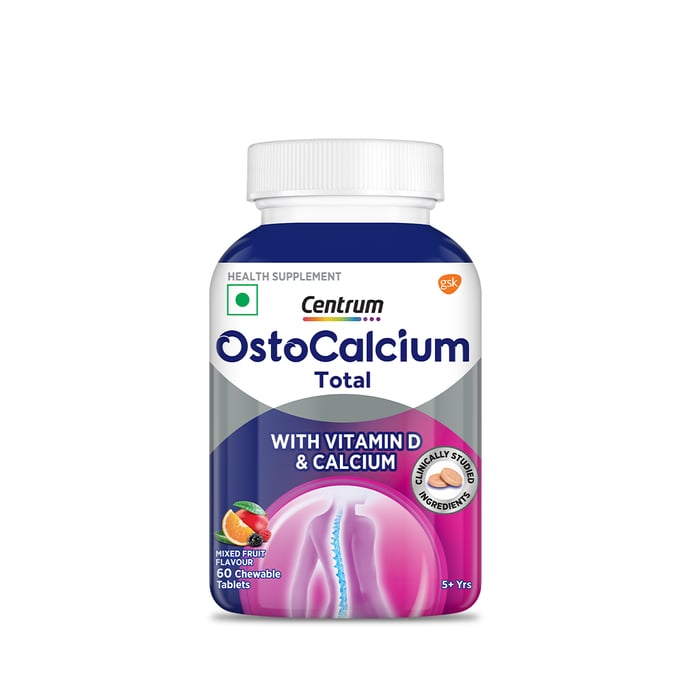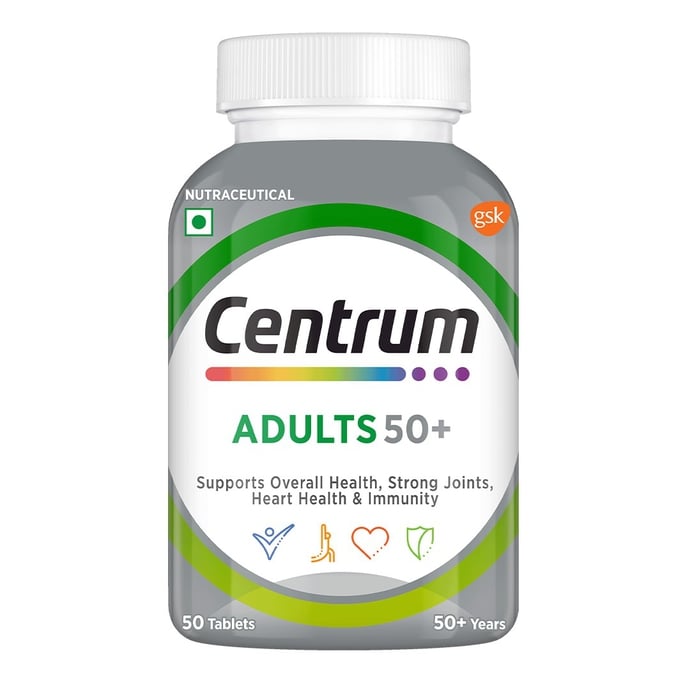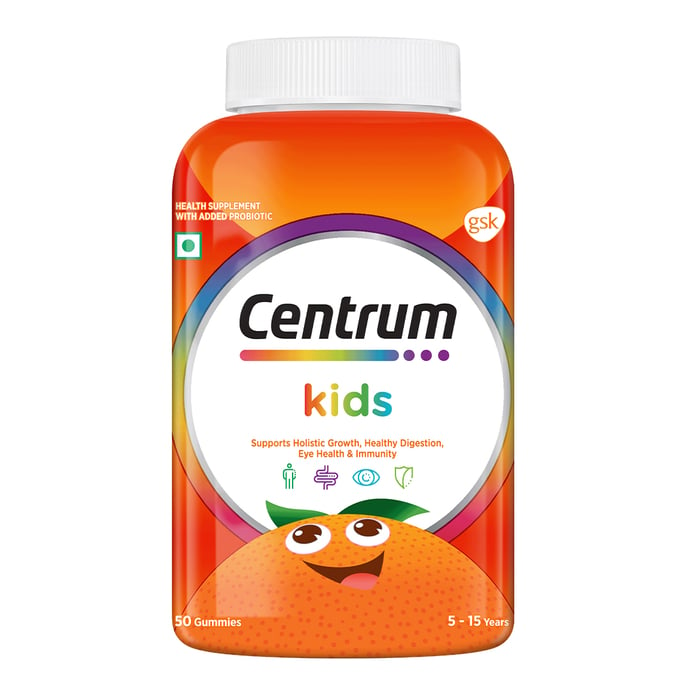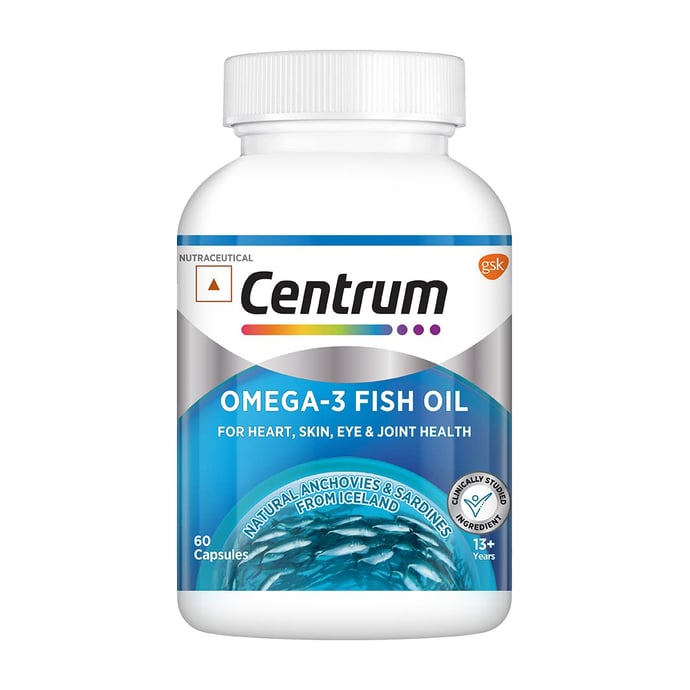
Importance of Vitamins
9 MIN READ | January 29, 2024
Living a healthy lifestyle means staying in tune with your body and listening to what it tells you. When it comes to nutrition, you do your best to get all the right nutrients to stay energized and nourished. Vitamins and supplements are there to complement the nutrients you get from food and bring you one step closer to your health and wellness goals.
The Top 3 Reasons to Take Vitamins
1. Keep Our Bodies in Good Working Order: Vitamins work hard to keep our bodies functioning properly and they help drive essential processes needed in our everyday lives. Each nutrient is on a mission to deliver health benefits that help you reach your wellness goals.
2. Healthy Aging: Our cells experience wear and tear as time passes, but proper nutrition can slow down this process. Vitamins, like antioxidants, function to protect cells from environmental stressors, helping to support healthy aging.
3. Cover Your Nutritional Bases: We do our best to eat healthily, but some nutrients are hard to get from food alone. A multivitamin can ensure you meet your regular daily requirements for all the essential vitamins and minerals.
What Can Vitamins Do for You?
1. Support Immunity: Good nutrition makes for a durable immune system. Your immune system relies on what you put into your body, and certain nutrients are known for their immune-supporting benefits.Vitamin C is considered one of the biggest immune supporters. It's an antioxidant that protects your cells from damage caused by oxidative stress from free radicals, which are unstable molecules. Zinc is also critical for immune cell development and communication and studies indicate that it may promote immune health.
2. Support a Healthy Metabolism: B-complex vitamins, like Thiamin, Riboflavin, Folate, Biotin, and Vitamins B6 and B12 collaborate with other enzymes in your body to metabolize energy from protein, fats, and carbohydrates. Staying physically active and eating a healthy diet also helps to maintain a healthy metabolism—factors that are important for healthy aging and your overall health.
3. Maintain Strong Bones: You probably already know that calcium is critical for healthy bones. But did you know that Calcium needs Vitamin D to successfully fulfill its job of helping to build healthy bones? The skin produces Vitamin D following direct exposure to sunlight, but the necessary use of sunscreen, weak winter sunlight, and poor skin absorption all work against production of this vital nutrient. And although Vitamin D is added to milk, many people don't drink enough dairy products to benefit.
Show References :
1. “Vitamins and Minerals.” The Nutrition Source, Harvard T.H. Chan School of Public Health
https://www.hsph.harvard.edu/nutritionsource/vitamins/
2. Maggini, S., et al. “A Combination of High-Dose Vitamin C plus Zinc for the Common Cold.” Journal of International Medical Research, vol. 40, no. 1, Feb. 2012, pp. 28–42. DOI.org (Crossref), doi:10.1177/147323001204000104.
3. Kennedy, David O. “B Vitamins and the Brain: Mechanisms, Dose and Efficacy—A Review.” Nutrients, vol. 8, no. 2, Jan. 2016. PubMed Central, doi:10.3390/nu8020068.
4. “Calcium/Vitamin D Requirements, Recommended Foods & Supplements.” National Osteoporosis Foundation
https://www.nof.org/patients/treatment/calciumvitamin-d/
5. “Diet Review: Paleo Diet for Weight Loss.” The Nutrition Source, Harvard T.H. Chan School of Public Health, 24 July 2018
https://www.hsph.harvard.edu/nutritionsource/healthy-weight/diet-reviews/paleo-diet/
6. “8 Common Nutrient Deficiencies on a Low-Carb Diet” Verywell Fit
https://www.verywellfit.com/low-carb-diet-nutrient-deficiencies-2242236
7. “Vegetarian Diet: How to Get the Best Nutrition.” Mayo Clinic
8. “Vegetarian and Vegan Diets Q&A.” NHS.UK
https://www.nhs.uk/live-well/eat-well/vegetarian-and-vegan-diets-q-and-a/
Recommended Articles
Frequently Bought Products
Centrum Women 50 Tablets
A mindfully crafted multivitamin for women
Centrum Men 50 Tablets
Contains nutrients which support your active lifestyle
Centrum OstoCalcium Total Chewable 60 Tablets
Daily nutritional chewable tablets that provide 100% RDA of calcium & vitamin D
Centrum Adults 50+ 50 Tablets
Multivitamins help meet the nutritional needs of adults 50+
Centrum Kids 50 Gummies
Multivitamin support holistic growth of kids
Centrum Omega-3 Fish Oil 60 Capsules
Fish Oil offers multiple benefits to support your body’s needs





